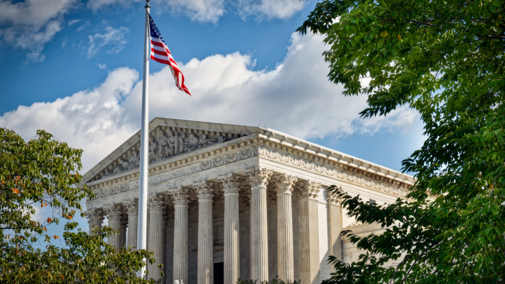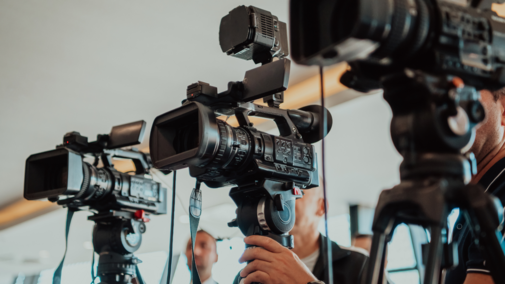Intersectional Differences, Globalization and Media Effects
Mass communication scholars examine intersectional differences, globalization, and media effects by analyzing how media representations shape societal attitudes and behaviors. Researchers explore how portrayals of gender, race, and ethnicity in news, entertainment, and advertising influence public perceptions and reinforce or challenge stereotypes. Studies on political discourse investigate how media platforms facilitate or hinder democratic engagement and public debate on a global scale. Media psychology offers insights into how audiences process and respond to media messages, while research on social comparisons examines how exposure to idealized representations in traditional and digital media affects self-perception and societal expectations. These areas are central to understanding how mass communication shapes cultural narratives and social structures.

Advertising and Public Relations
In the field of advertising and public relations, scholars investigate the strategies and effects of media campaigns on audience perception and consumer behavior. Research on reputation management and branding explores how organizations craft messages to maintain credibility and trust, while international communication studies highlight the challenges of adapting marketing strategies across cultural contexts. The increasing influence of social media has led to extensive research on audience engagement, crisis communication, and the ethical implications of digital marketing. Studies on creative advertising strategies and visual communication examine how design, imagery, and storytelling techniques affect brand recognition and consumer decision-making, contributing to broader discussions on persuasion and influence in mass communication.

Risk, Environment and Health Communications
Scholars in risk, environment, and health communication examine how media shapes public understanding of crises, disasters, and health issues. Research on climate and weather communication explores how news coverage and public messaging impact attitudes toward environmental policies and disaster preparedness. Crisis and disaster communication studies focus on the effectiveness of media responses during emergencies, assessing how information dissemination influences public trust and compliance with safety measures. Health communication research investigates how media campaigns influence behaviors related to disease prevention, vaccination, and public health awareness. Studies in media effects analyze how different messaging strategies contribute to public perception, misinformation, and behavioral response.

Sports in Society
Sports media scholars examine how mass communication influences the commercialization, promotion, and cultural significance of sports. Research on sports betting and gambling considers the ethical implications of media endorsements and advertising, while historical studies analyze the role of media in shaping the legacy of sports figures and events. The study of sports media explores how broadcasting and digital platforms construct narratives around athletes, teams, and competitions, impacting fan engagement and industry economics. Marketing and promotional research investigates branding strategies within the sports industry, and the growing field of esports is analyzed through the lens of media globalization, audience interaction, and the evolving nature of digital competition.

Technology and Machine Learning
The impact of technology and machine learning on mass communication is a rapidly evolving area of study. Scholars explore how artificial intelligence influences content creation, journalism, and audience engagement, while research on video gaming and virtual reality examines their role in storytelling, social interaction, and immersive media experiences. Drone journalism is studied in terms of its ethical and legal implications in news reporting, while social media research focuses on the psychological effects of digital connectivity and its impact on loneliness and social connection. User experience research is essential in understanding how audiences interact with digital platforms, shaping the development of media technologies that enhance engagement and accessibility.

Law, Ethics and Policy
Legal, ethical, and policy-focused research in mass communication examines the regulatory and ethical challenges surrounding media practices. Studies on the First Amendment analyze legal protections for speech and press, exploring issues related to censorship and media freedoms. Media law research investigates intellectual property rights, libel cases, and regulatory frameworks that govern media industries. Media criticism provides scholars with tools to evaluate bias, representation, and ethical considerations in media content, while media literacy studies focus on educating audiences about critical engagement with digital and traditional media. Privacy research is increasingly relevant as scholars examine the implications of data collection, surveillance, and digital rights in an era of mass communication.

Journalism Studies
Journalism studies encompass a wide range of research areas, including rural journalism, investigative reporting, and multimedia storytelling. Scholars analyze the challenges faced by rural news organizations, particularly in terms of access to resources and audience engagement. Investigative journalism research examines methodologies for uncovering corruption, systemic issues, and public interest stories. Editing studies focus on the role of gatekeeping in shaping news narratives, while photojournalism research explores the power of visual storytelling and its ethical implications in media reporting.

Pedagogy
In the study of media pedagogy, scholars explore how education in mass communication shapes media literacy, critical thinking, and storytelling skills. Research on experiential learning emphasizes hands-on media production as a method for developing professional competencies. Media criticism and literacy studies examine how students engage with media, identifying biases, ethical dilemmas, and the impact of digital misinformation. Storytelling research explores its role in journalism, advertising, and public relations, while public affairs education focuses on the intersection of media, politics, and civic engagement. Through these studies, scholars contribute to the evolving understanding of mass communication's role in shaping public discourse and media consumption.

Broadcasting and Media Production
Studies in broadcasting and production focus on the processes, technologies, and industry dynamics that shape media content creation. Scholars explore media production techniques and how they influence audience engagement and narrative structure. Podcasting research investigates its role as an emerging platform for storytelling, journalism, and entertainment. Studies on telecommunications assess the infrastructure and policies that support digital communication, examining the implications of evolving technologies on content distribution and media access.
